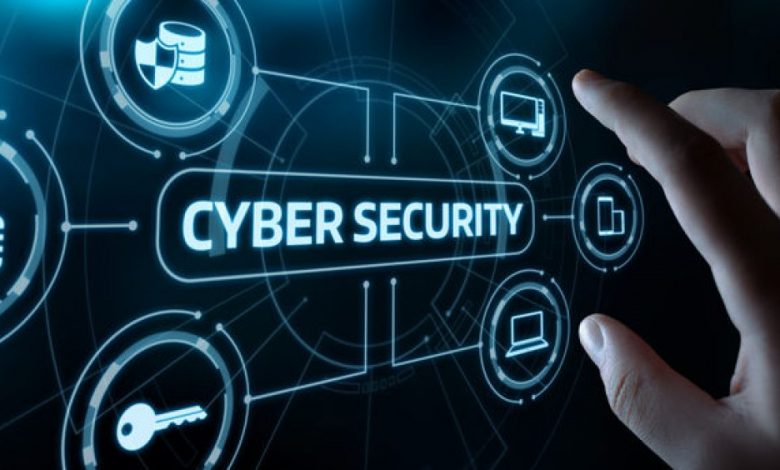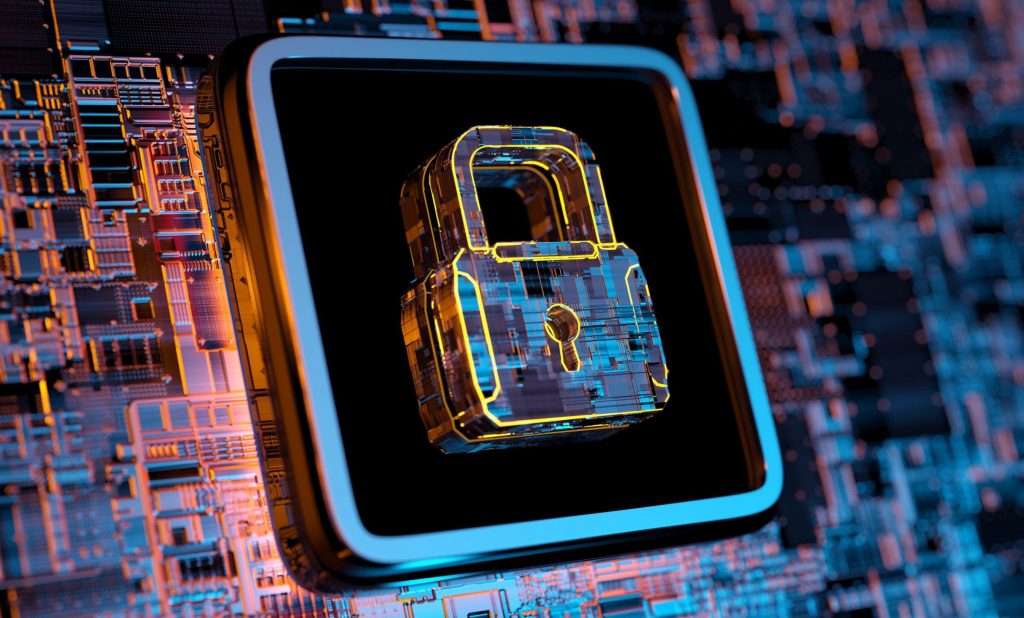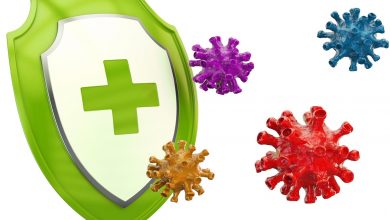
5 Cybersecurity Tips for Beginners- 2024 Guide
Introduction
Since the late 1990s, the Internet and its reach have grown significantly. It’s to the point that everything we do—from our jobs to friendships to even shopping—has its place on the Internet. Our lives are intertwined with the Internet, which means that tons of information regarding our lives are posted online, from pictures of hangouts with friends to your current workplace.
And while the benefits this Internet growth has brought us are worth noting, the downsides cannot be ignored. From the increased frequency of ransomware attacks to frequent data breaches and phishing scams, it has never been easier for someone to become a victim of cybercrime. It’s essential you do whatever you can to protect yourself while online, and today, we’ll be going over five ways you can do just that.
Cybersecurity Tips for Beginners

1. Use an Encrypted Network
Encryption is an often underrated and underused security feature, and nowhere is this better exemplified than public networks. Public networks, AKA networks open to the public (such as café and library networks), lack proper encryption. What does this mean for you? Well, anyone who hops onto a public network is exposed to cybercriminals lurking on the same network.
This is because, since public networks lack encryption, your data is visible on the network. And with the proper tools, cybercriminals can pluck your data without you ever knowing.
Fortunately, there is a way to protect yourself via a VPN. With a VPN(Virtual Private Network), you’ll be able to encrypt your data on the network, public or private. This way, cybercriminals will be unable to steal your data.
2. Always Use Strong Passwords

Take a second to think about how much personal information is stored across all of your accounts. From credit card information to home addresses to personal information only you would know, there’s a great deal of sensitive data stored on your accounts. Data that, if stolen, could result in identity theft, financial risks, and more.
It’s crucial that you protect all of your accounts to the best of your ability, and a good way to start is by creating strong, unique passwords for all of your accounts. Strong passwords typically include a mixture of letters (both uppercase and lowercase), numbers, and symbols.
Make sure that you’re not reusing passwords, either. Using the same password across multiple accounts means that if one password is compromised, then multiple accounts will also be compromised.
3. If in Doubt, Do a Factory Reset
Many pre-built computers sold by Lenovo, Dell, ASUS, and other computer manufacturers often come with pre-installed software. The usefulness of said software varies, but they are often classified as “bloatware,” useless software that only bogs down a system.
When you buy a computer, it’s always good to do a full factory reset. What this does is erases all data on the computer, leaving only the base operating system. This removes the bloatware and gives you a good starting foundation to make the device truly yours.
Factory resets are also good for if you fear your device has been compromised by malware or a virus; a factory reset can get rid of the files the virus has taken refuge in.
4. Make Good Use of Incognito Mode

Sometimes, you don’t want your browser to track your online activity. Other times, you don’t want to leave a trail of cookies for websites and cybercriminals to follow. Whether you want a bit more privacy on your browser or are borrowing someone else’s device to look something up, incognito mode is a great tool on any browser.
The usefulness of incognito mode is overstated. That said, it is a useful tool at times. While incognito mode won’t prevent your ISP or the government from collecting your data, it will reduce the amount of data and cookies that are saved to your device.
While not a major improvement, it’s good to lessen the number of cookies saved to your browser (and Google account if you’re using Chrome).
5. Learn to Identify Phishing Attempts
There is a multitude of scam artists on the Internet who spend their days sending out spam emails and designing fake websites, all designed to trick victims into giving out personal information. These scams, known as phishing scams, are as prevalent as ever.
Every year, more and more people fall for phishing scams, and the COVID-19 pandemic has even outfitted phishing scammers with new tricks. For your safety, be sure to take some time out of your day to research how phishing scams appear, what they typically look like, and how you can consistently identify them.
Conclusion
There is nothing more important in the digital age that we live in than protecting your data. Fortunately, there are plenty of ways to secure your accounts, your data, and your personal information on the Internet.




